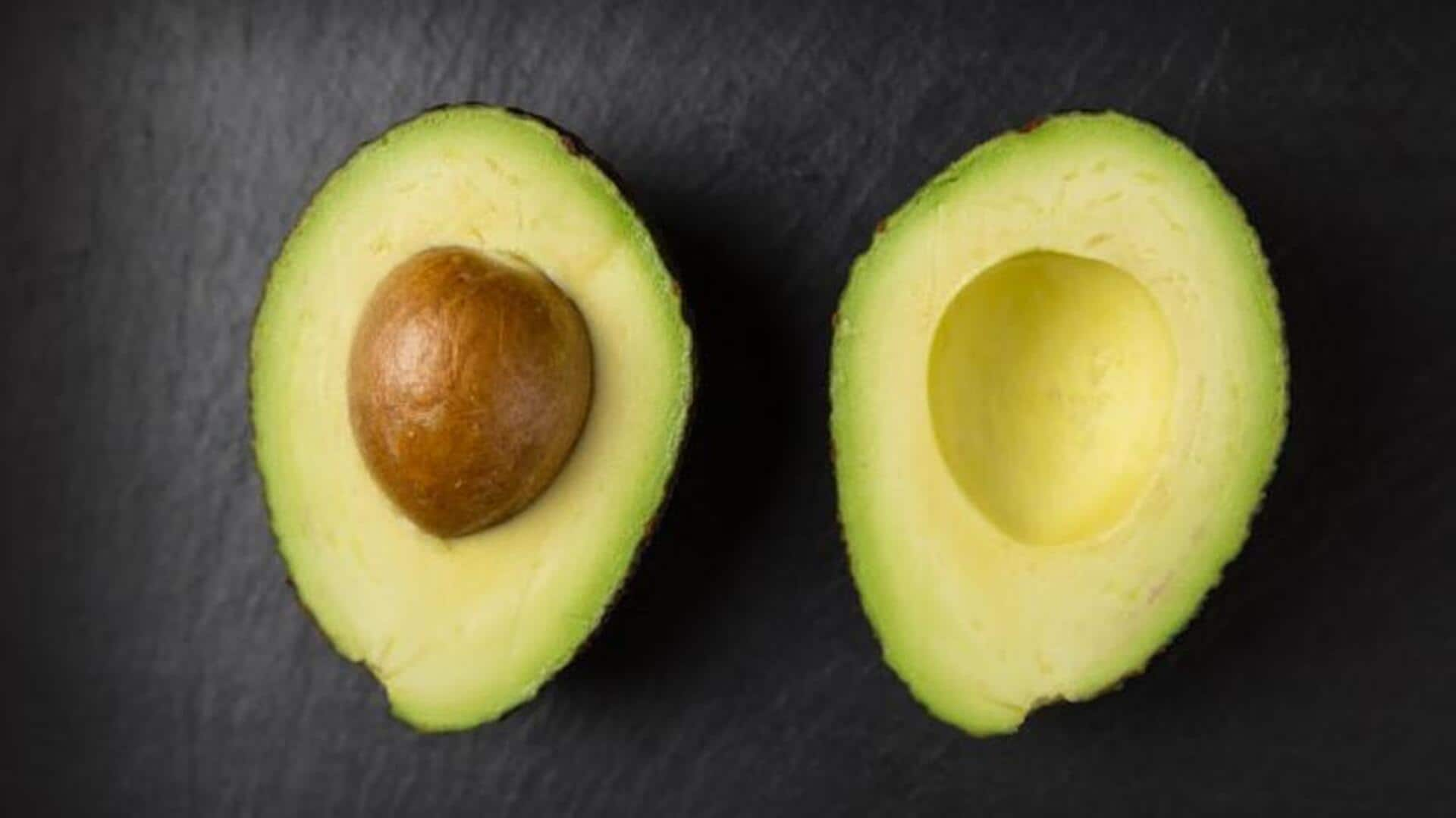
Debunking common myths about avocados
What's the story
Avocados are the new health food and are often lauded for their nutrition. But, there are some myths regarding their health benefits. Knowing them can help you make an informed choice about what you eat. In this article, we bust some common myths about avocados and tell you what their real health benefits are. Let's take a look at them.
Calorie content
Myth: Avocados are fattening
Another common myth is that avocados are fattening because of their high-calorie content. Although avocados are fatty, they mostly contain healthy monounsaturated fats. These can promote heart health when eaten in moderation. A medium-sized avocado has about 240 calories. This is similar to other nutrient-dense foods such as nuts and seeds. Including avocados in a balanced diet doesn't automatically mean you'll gain weight. This holds true if portion sizes are controlled.
Cholesterol impact
Myth: Avocado consumption leads to high cholesterol
Another misconception is eating avocados raises cholesterol levels due to their fat content. However, the monounsaturated fats present in avocados may actually reduce bad cholesterol (LDL) while keeping good cholesterol (HDL) intact. Research indicates adding avocados into a diet may improve heart health by affecting cholesterol levels positively.
Blood sugar levels
Myth: Avocado is not suitable for diabetics
Some people think that diabetics should stay away from avocados because of its carbohydrate content. But an avocado has only some one gram of sugar per serving and a low glycemic index score. This means it affects blood levels minimally. The fiber and healthy fats in avocados can also help control blood sugar. They increase satiety and lower overall carbohydrate intake.
Product variations
Myth: All avocado products are equally healthy
Not all avocado-based products provide the same health benefits as fresh avocados. Processed items, such as guacamole dips or spreads, may have added sugars, unhealthy oils, or preservatives that reduce nutritional value. It is important for consumers to read the labels carefully and select products with minimal additives or go for homemade versions with fresh ingredients whenever possible.